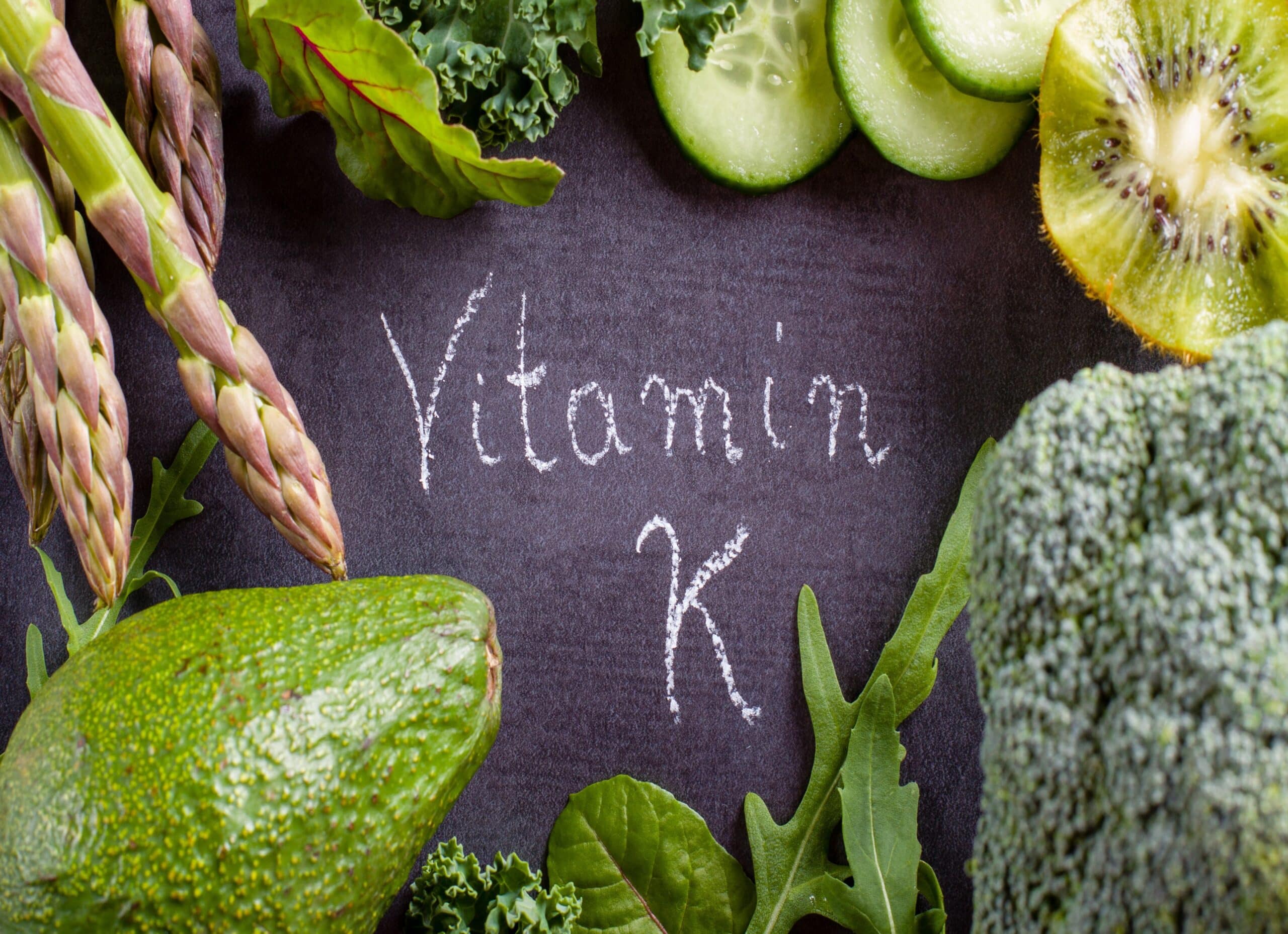We need vitamin K to produce prothrombin proteins required for blood clotting, bone metabolism and wound healing. It also helps to make osteocalcin proteins that produce healthy bone tissue. Vitamin K also works with other vitamins like vitamin D to ensure that calcium gets to our bones to help them develop properly.
Studies suggest that those who eat a lot of foods rich in vitamin K have stronger bones, and they are less likely to break a hip than those who are low on vitamin K.
Studies also suggest that vitamin K is important for cardiovascular health, those with a vitamin K-rich diet were found to have a 34% lower risk of developing atherosclerosis-related cardiovascular disease.
Another study suggests that it benefits the eyes, finding links between levels of matrix Gla protein or MGP and the retinal microvascular diameter 11 years later highlighting that supplementation could promote better eye health and vision.
Vitamin K has also been linked with improved long-term memory in healthy older adults, boosting the ability to think, learn and remember (cognition).
This vitamin is unique because it is produced by beneficial microbes within the large intestine, as well as in some foods. Consuming gut-friendly fermented foods can help to maintain healthy levels of this vitamin within the body and promote diversity in the microbiome. The amount of vitamin K you need will depend on your age and gender, additionally, the recommended daily allowance can differ between countries. The Food and Nutrition Board has stated that there are “‘no adverse effects associated with vitamin K consumption from food or supplements have been reported in humans or animals’.”
If you are looking to increase your vitamin K without supplements you might consider dark leafy greens, broccoli, cauliflower, sauerkraut, prunes, kiwi, hard cheese, avocado, egg yolks, soybean oil, liver, duck, blackberries, and blueberries. One cup of raw kale, for example, contains 472 mcg of vitamin K, which is around 7 times the RDA.
Vitamin K deficiencies are not very common in America, but a sign of possible deficiency includes but is not limited to excessive bleeding, frequent bruising, small blood clots under the nails, and blood in the urine and stool. Additionally, you could be at risk if you are on antibiotics, are taking anticoagulants, are severely malnourished, have had bariatric surgery, drink a lot of alcohol, or have a gut-related medical condition that affects absorption.




